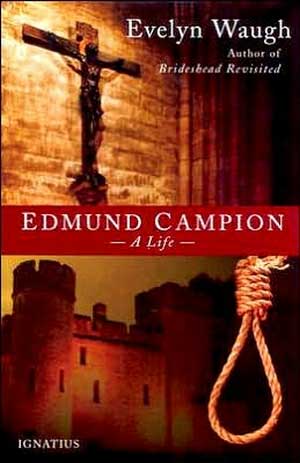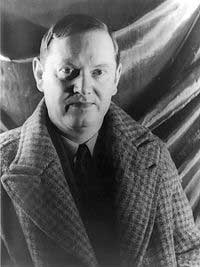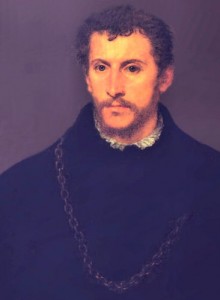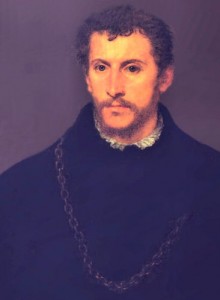Podcast: Play in new window | Download (Duration: 28:59 — 26.5MB) | Embed
Subscribe: Apple Podcasts | Spotify | Amazon Music | Android | Pandora | iHeartRadio | JioSaavn | Podchaser | Gaana | Podcast Index | Email | TuneIn | Deezer | Anghami | RSS | More

I love the writing of Evelyn Waugh…his prose are some of the best of our time, if not of all time. And when that talent is used to pen a biography of the heroic English martyr, Edmund Campion, a tremendous blessing has been given to all who glean it’s pages. What a story…what a life. We are joined once again by the wonderful Vivian Dudro to discuss this incredible work, as well as the life and times of this great saint.
 You can find the book here
You can find the book here
From the description:

Evelyn Waugh presented his biography of St. Edmund Campion, the Elizabethan poet, scholar, and gentleman who became the haunted, trapped and murdered priest as “a simple, perfectly true story of heroism and holiness.”
But it is written with a novelist’s eye for the telling incident and with all the elegance and feeling of a master of English prose. From the years ofsuccess as an Oxford scholar, to entry into the newly founded Society of Jesus and a professorship in Prague, Campion’s life was an inexorable progress towards the doomed mission to England. There followed pursuit, betrayal, a spirited defense of loyalty to the Queen, and a horrifying martyr’s death at Tyburn.


